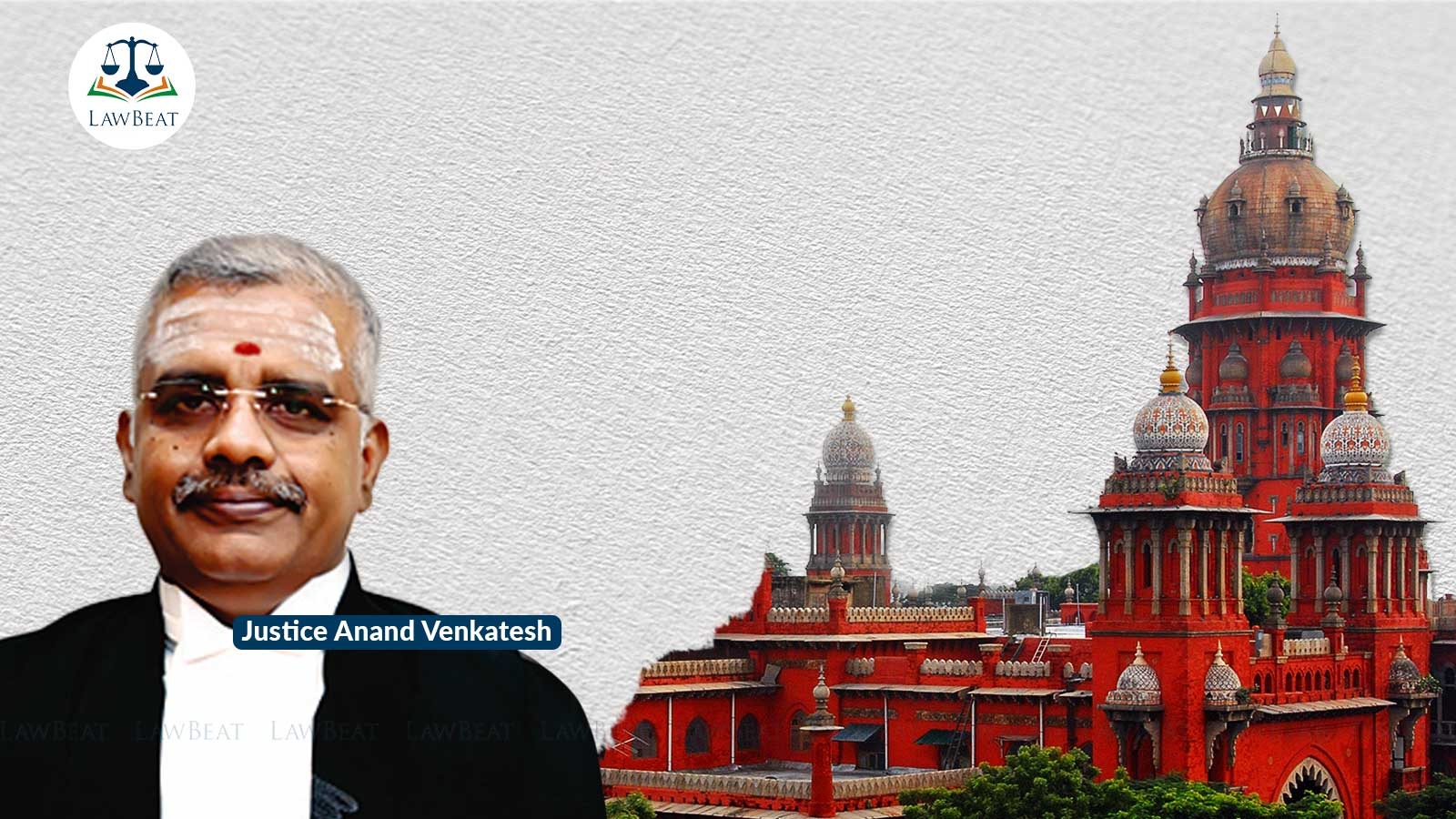Compilation of Covid-19 Unvaccinated Employee List by Company Is Not Privacy Breach: Madras HC

Court held that the petitioner company's requirement for the complainant to get vaccinated and adhere to COVID-19 safety protocols was not coercive or compulsory, instead, it was a standard practice followed by various institutions, including courts, during the challenging period of the pandemic
The Madras High Court recently held that compiling a list of employees who haven't received the COVID-19 vaccine does not constitute a privacy breach. It said that such an action does not warrant legal action under the Information Technology (IT) Act.
Referring to Apext Court's ruling in Jacob Puliyel Vs. Union of India [2022], the bench of Justice N Anand Venkatesh said that though "a person cannot be compelled to vaccinate himself or herself, however, an organization must necessarily take into consideration the welfare of majority of its employees and therefore, a person, who does not vaccinate and follow the Covid-19 Safety Protocol, cannot be allowed to have access to others in a public sphere, as, between the rights of an individual and a larger group of persons, it is the right of larger group of persons, which will take predominance".
Court was dealing with a plea to quash a case filed against officers of Bharti Airtel Ltd for offences under Sections 43A and 72A of the Information Technology Act, 2000 (IT Act) and Sections 52 and 199 of the Indian Penal Code (IPC).
The complainant alleged that he was forced to vaccinate himself during the Covid-19 pandemic period. He claimed that he took a stand that he would not vaccinate, but sensitive personal data with regard to his refusal was circulated which was a violation of his right to privacy.
The complainant's services had also been terminated by the company for his unauthorized absence during that period.
Seeking relief before the high court, the counsel for the petitioners argued that during the Covid-19 pandemic, the petitioner company wanted its employees to vaccinate themselves through company's tie-up with hospitals. For this purpose, the company undertook an exercise to identify non-vaccinated employees and urged them to get vaccinated. It was under this process, that the complainant's name appeared in the list of non-vaccinated employees.
The counsel contended that the complainant was acting hyper-sensitive about the fact that his name was found in the list of persons, who did not vaccinate. He further submitted that guidelines were issued by the Government of Tamil Nadu recommending for vaccination with two doses and, the Human Resource Department of the company had communicated that if the complainant did not want to vaccinate himself, he could continue to work through online mode wherever possible and if it involved physical presence at the office premises, he could apply for leave as per the allotted quota or on loss of pay.
Thereafter, the complainant absented himself and the same was treated as an unauthorized absence. A show cause notice was also issued to him, and after receiving his reply, the termination notice was sent to him.
The counsel for the company stressed that this termination notice had not been put to challenge by the complainant rather he had proceeded to file a private complaint against the petitioner company and its officers and the court below had taken cognizance of the complaint for the offences under Sections 43A and 72A of the IT Act.
The high court opined that even if the allegations made in the complaint were taken as such, no offence had been made out against the petitioner company and its officers.
The court stated that the complaint against the petitioner company was motivated by ill intentions, as the complainant, whose services were terminated for unauthorized absence, filed a baseless complaint in retaliation.
The high court also held the order of cognizance passed by the court below "without application of mind".
Court held that the petitioner company's requirement for the complainant to get vaccinated and adhere to COVID-19 safety protocols was not coercive or compulsory. Instead, it was a standard practice followed by various institutions, including courts, during the challenging period of the pandemic.
"The follow up made by the petitioner company by getting a list of persons, who have not been vaccinated, will not be tantamount to circulating the sensitive personal data," concluded the court while clarifying that "such actions taken by the petitioner company to implement vaccination measures and terminating the respondent for unauthorized absence did not inherently constitute offences under Section 43A or Section 72A of the IT Act".
Therefore, finding the complaint against the petitioner company "a clear abuse of process of court", court allowed the petition and quashed the entire proceedings in the case.
Case Title: Gopal Vttal, Bharti Airtel Ltd. and Others v. Kamatci Shankar Arumugam
